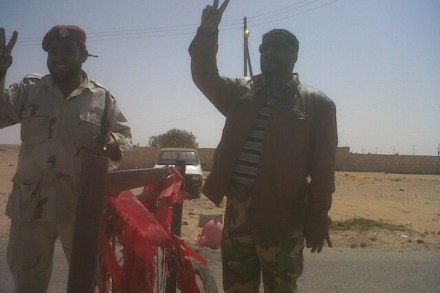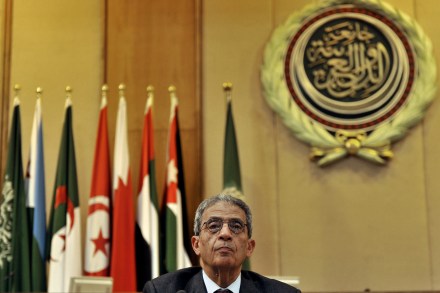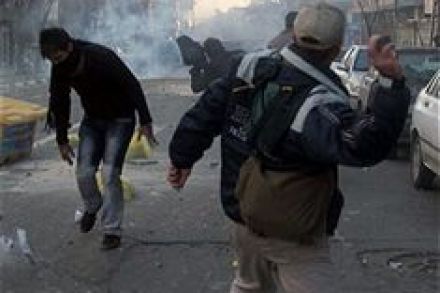Cairo Diary: The Brotherhood
Back in Cairo, I try to find answers to what everyone wants to know. Who are the Muslim Brotherhood? What role will the Muslim Brotherhood play in the future? Even to seasoned observers it seems hard to divine. Their support in the country has never been tested and the constitutional referendum, where the brotherhood was on the winning side, is a poor proxy. What is clear, however, is that they have the organisational muscle the post-Tahrir Square parties lack. And that they are willing to play a long game, rejecting a shot at the presidency for example for fear of a backlash against them. Though some members talk of Turkey’s


















